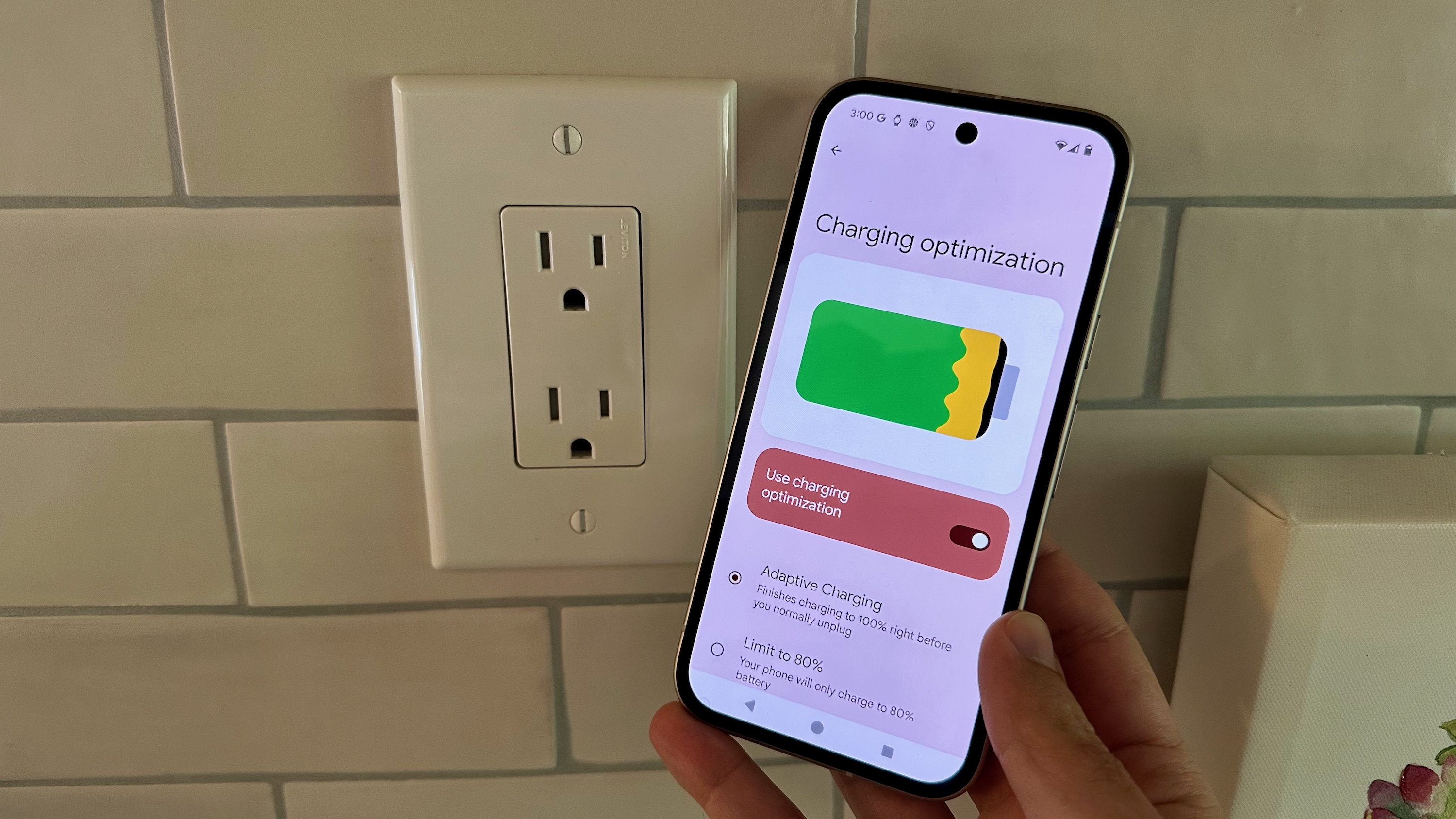Apple’s iPhone Browser Monopoly Shattered by Japan’s December Deadline
Hello everyone. Grab your popcorn, because Apple just got told – in no uncertain terms – to stop acting like a middle-school bully with a shiny trillion-dollar lunchbox. And this time, it’s not the EU driving the nail into Cupertino’s overbearing little coffin. No, this is Japan standing up, kicking over the mahogany tea table, and declaring, “Enough of your WebKit nonsense.”
For those who haven’t been following Apple’s long-running soap opera of ecosystem control, here’s the basic plot: If you use an iPhone, every single web browser you can install – Chrome, Firefox, even a knock-off browser from the depths of the App Store hell – is legally required to run on Apple’s WebKit engine. “Choice” on iOS is about as real as loot box odds in a free-to-play gacha game. You can slap any name or color scheme on it, but under the hood, it’s all the same tightly controlled engine humming away, in glorious Cupertino lockstep.
Japan has apparently decided that this is ridiculous. Under the freshly minted “Smartphone Act” guidelines, Apple has to lift these restrictions by December. Not “maybe consider it,” not “we’ll talk after a business lunch,” but an actual, regulatory, government-backed nope. Even better? They warned Apple not to try the usual boss-level trick of replacing one roadblock with a slightly different one. This law explicitly says they can’t introduce substitute rules that make it equally painful to adopt third-party browser engines.
Apple’s No-No List, Courtesy of Japan
- No “unreasonable technical restrictions” that force developers into WebKit hell while pretending it’s for “security.”
- No “excessive financial burdens” for daring to use a browser engine not blessed by Jonny Ive’s ghost of design past.
- No “steering” users away from browsers using other engines, which is corporate-speak for “stop nagging people like a clingy NPC companion.”
In game terms, Japan just patched Apple’s favorite exploit. They’ve effectively toggled developer god-mode: no more browser monoculture, potential for UI innovation, and maybe – just maybe – mobile Safari will finally get nervous enough to evolve instead of sitting there like a level 1 starter weapon.
Why This Actually Matters
Browser engines aren’t just behind-the-scenes plumbing. They’re the beating heart of web compatibility, performance, and capabilities. By locking iOS to WebKit, Apple has slow-walked new web APIs, throttled performance competition, and kept iPhones cozy in a slightly outdated walled garden. It’s the tech equivalent of banning every racing game except Mario Kart and saying it’s for “driver safety.”
With these upcoming changes, Chrome could finally be Chrome. Firefox could be… well, Firefox. And niche experimental browsers could actually bring something new to the table without being gutted for daring to color outside Apple’s carefully drawn lines.

This isn’t just about code – it’s about control. And Japan just landed a crit hit.
But Hold On-There’s the Endgame
Before you start cheering like it’s an E3 trailer reveal, remember: Apple doesn’t lose gracefully. The same company that built an entire App Store economy on 30% tax doesn’t roll over because a rulebook says so. Expect “security concerns” press releases. Expect “user experience” propaganda. Expect them to patch new friction mechanics into the OS to make anything non-WebKit feel like playing through a laggy MMORPG server during peak hours.
Also, there’s no telling yet if Apple will go EU-style and keep different compliance versions for different regions. Japan may get its shiny new browser freedom while the rest of the world is still stuck grinding Safari dailies whether we like it or not.
Final Prescription
As your resident armchair physician of tech policy, I can tell you this: the patient (mobile web choice) is currently on life support, and Japan just slammed in the adrenaline shot. Whether it recovers depends on how hard Apple fights to quietly re-poison the bloodstream. Still, this move is huge – a genuine buff to user freedom and developer power, assuming it sticks past the December expansion deadline.
Overall verdict? This is a good thing. Skeptical optimism is the right mood here – celebrate the win, but keep your eye on the boss health bar, because the fight’s just starting. And that, ladies and gentlemen, is entirely my opinion.


Article source: Apple’s lock on iPhone browser engines gets a December deadline, https://www.theverge.com/news/756580/apple-japan-alternative-ios-browsers



